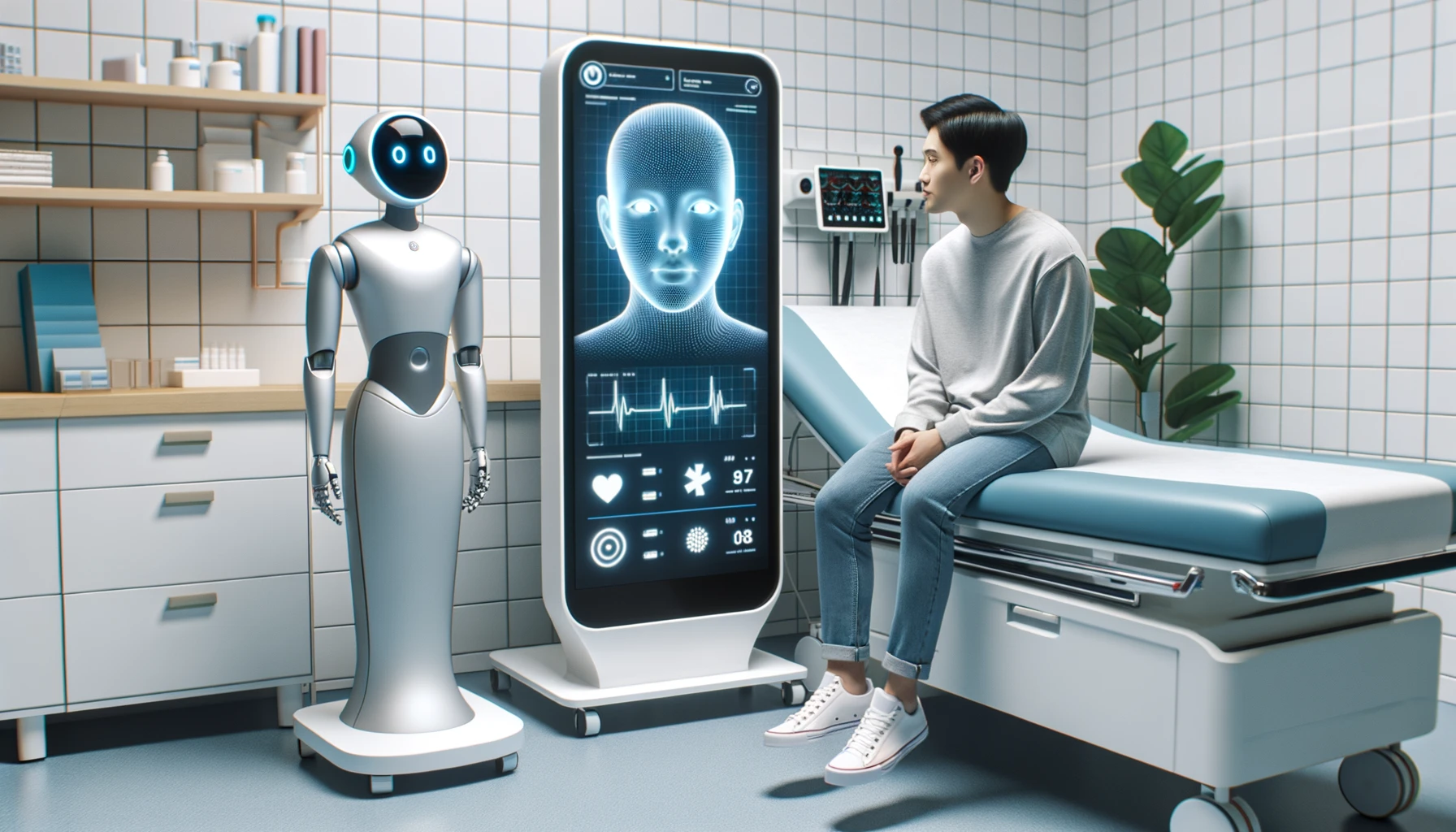The Rise of AI in Healthcare: Promise, Potential, and Ethical Pitfalls
Artificial Intelligence (AI) is gradually becoming the backbone of modern healthcare, promising a future of personalized care, enhanced operational efficiencies, and improved patient-doctor interactions. However, the road to this AI-driven healthcare utopia isn't without its share of hurdles, as underscored by discussions surrounding ethical concerns.
Unveiling the Potential of AI in Healthcare
The journey towards AI-centric healthcare is bolstered by promising developments. For instance, the partnership between Duke Health and Microsoft aims to explore AI's potential in administrative tasks, content summarization, and patient interaction. This partnership signifies a methodical approach to AI applications, ensuring ethical and responsible use of this transformative technology. By tackling physician burnout through AI-driven administrative support, the healthcare sector can potentially revive the essence of human interaction in patient care, which has been overshadowed by the administrative burden on clinicians.
Moreover, AI's ability to digest vast amounts of medical literature swiftly can be a game-changer, especially for patients facing life-altering diagnoses. By facilitating faster and more accurate treatment decisions, AI is stepping into a realm where it can significantly contribute to enhancing patient care and improving outcomes.
Looking ahead, the potential for AI in healthcare seems boundless. With the advent of more sophisticated algorithms and machine learning models, predictive analytics could reach new heights, enabling earlier detection and intervention for a myriad of conditions, thus possibly reducing mortality rates and improving quality of life. Furthermore, the integration of AI with genomic data is opening doors to precision medicine, tailoring treatments to individual genetic profiles. AI is also poised to revolutionize telemedicine, making healthcare more accessible, especially in remote or underserved areas. By leveraging AI, virtual consultations can become more insightful and diagnostic, bridging the gap between physicians and patients separated by geographical distances.
Navigating the Ethical Maze
However, the optimistic vision of AI-driven healthcare is tempered by crucial ethical concerns. Bias is a significant issue, as AI systems are susceptible to inheriting biases from the data they are trained on. Instances of racial bias in algorithms, like the one highlighted in a 2019 study published in Science, can potentially worsen care for marginalized groups. This emphasizes the need for rigorous testing and validation of AI systems to ensure unbiased and equitable healthcare delivery.
The propensity of AI to “hallucinate” or generate false information is another concern, especially when relied upon for clinical decision-making. The case of the chatbot Tessa, which inadvertently provided dieting advice to individuals seeking support for eating disorders, starkly highlights the risks associated with inaccurate or harmful information generated by AI systems.
Moreover, the massive data requirements of AI systems pose significant privacy challenges, especially concerning the safeguarding of Protected Health Information (PHI). Instances like the privacy mishap with BetterHelp underscore the ethical imperative of ensuring robust privacy protections and informed consent mechanisms as AI finds its footing in healthcare.
The “black box” nature of AI systems raises concerns about the lack of transparency in how these systems arrive at specific conclusions. The aviation mishap with Boeing’s 737 Max planes serves as a chilling reminder of the disastrous consequences that can ensue when human oversight is bypassed. In healthcare, ensuring a transparent and explainable AI operation is not just an ethical requirement but a matter of life and death.
Striking a Responsible Balance
The narrative surrounding AI in healthcare is a blend of boundless potential and sobering ethical considerations. As the healthcare sector strides towards a future intertwined with AI, establishing a framework for ethical implementation is paramount. The emphasis should be on developing AI systems that augment rather than replace human intelligence, embodying a collaborative model that places the patient-doctor relationship at its core. Moreover, continuous monitoring, rigorous testing for bias, and ensuring transparency and privacy are non-negotiable prerequisites for the responsible integration of AI in healthcare.
In conclusion, the road to AI-driven healthcare is an exhilarating yet cautious journey. By acknowledging and addressing the ethical pitfalls while harnessing AI's potential, the healthcare sector can stride towards a future where technology serves as a reliable ally in delivering superior patient care.

